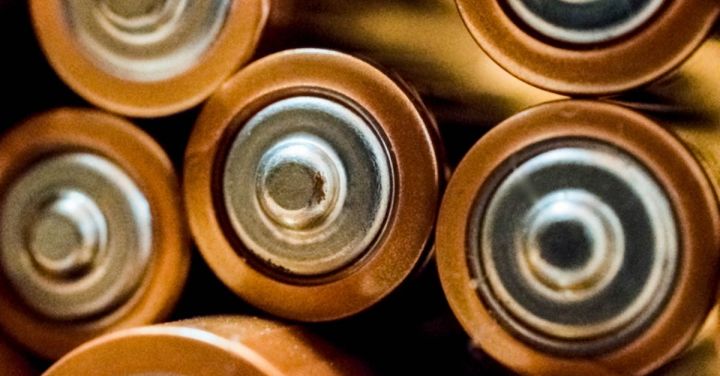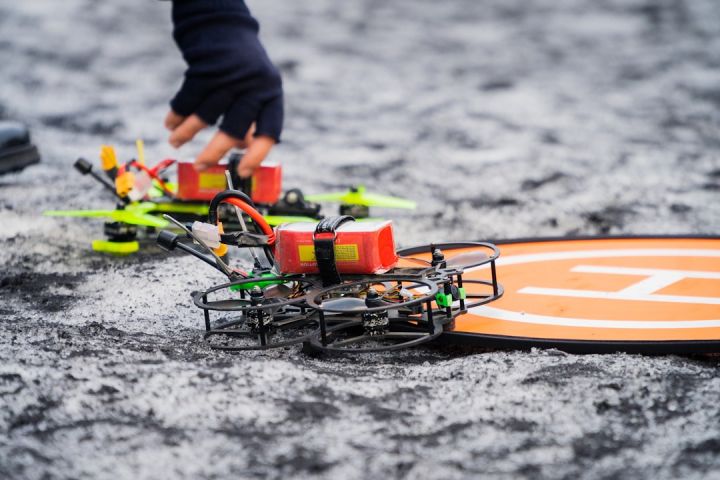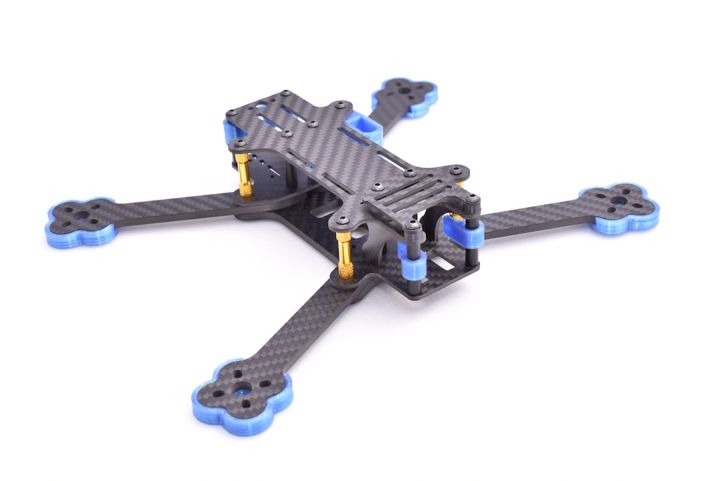What Are the Pros and Cons of Lipo Batteries?
Lipo batteries, also known as lithium polymer batteries, have become increasingly popular in recent years. These lightweight and high-capacity batteries are commonly used in a variety of applications, from smartphones and laptops to drones and electric vehicles. However, like any other technology, lipo batteries come with their own set of advantages and disadvantages. In this article, we will explore the pros and cons of lipo batteries to help you make an informed decision when considering their use.
Pros of Lipo Batteries
1. High Energy Density: One of the major advantages of lipo batteries is their high energy density. This means that they can store a significant amount of energy in a small and lightweight package. As a result, lipo batteries are ideal for applications where weight and size are critical factors, such as in drones and portable electronic devices.
2. Fast Charging: Lipo batteries can be charged at a much faster rate compared to other types of batteries. This is due to their low internal resistance and ability to handle high charge currents. The fast charging capability of lipo batteries allows for quick turnaround times, which is highly beneficial in situations where time is of the essence.
3. High Discharge Rate: Lipo batteries are capable of delivering high discharge rates, making them suitable for applications that require a sudden surge of power. For example, in remote-controlled cars or high-performance electric vehicles, lipo batteries provide the necessary power to achieve high speeds and acceleration.
4. Flexibility in Shape and Size: Lipo batteries are highly flexible when it comes to their shape and size. Unlike traditional cylindrical batteries, lipo batteries can be manufactured in various shapes and sizes, allowing for greater design flexibility. This makes them ideal for devices with unique form factors or space constraints.
Cons of Lipo Batteries
1. Sensitivity to Temperature: Lipo batteries are sensitive to temperature extremes. They can be negatively affected by both high and low temperatures, which can lead to reduced performance or even permanent damage. It is important to store and operate lipo batteries within the recommended temperature range to ensure their longevity and safety.
2. Risk of Fire or Explosion: Lipo batteries have a higher risk of fire or explosion compared to other types of batteries if they are mishandled or improperly charged. Overcharging, short-circuiting, or physical damage to the battery can cause a thermal runaway reaction, resulting in the release of flammable gases or even a fire. Proper care and caution must be exercised when handling and charging lipo batteries to minimize the risk of accidents.
3. Limited Lifespan: Lipo batteries have a limited lifespan compared to other battery chemistries. Over time, the battery’s capacity will degrade, leading to reduced runtimes and overall performance. The lifespan of lipo batteries can be extended by following proper charging and storage practices, but eventually, they will need to be replaced.
4. Cost: Lipo batteries tend to be more expensive than other types of batteries, especially when it comes to high-capacity options. The cost of lipo batteries can be a significant factor to consider, especially for applications that require multiple batteries or frequent replacements.
In conclusion, lipo batteries offer several advantages, such as high energy density, fast charging, high discharge rates, and flexibility in shape and size. However, they also come with certain disadvantages, including sensitivity to temperature, the risk of fire or explosion, limited lifespan, and higher cost. It is important to weigh these pros and cons when considering the use of lipo batteries in any application. Proper care, handling, and maintenance are crucial to ensuring the safe and efficient operation of lipo batteries.







